Natallia Radzina: Relatives Of Belarusian Political Prisoners Share Shocking Stories In Brussels
17- 26.07.2023, 14:17
- 25,372
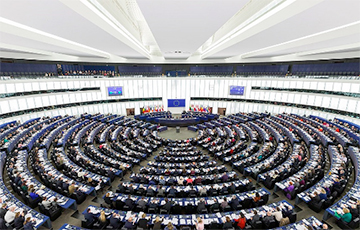
Belarus is suffering a humanitarian crisis.
The whole truth about Belarusian political prisoners was revealed to Brussels.
Natallia Radzina, the Editor-in-Chief of Charter97.org, Maryna Adamovich, the wife of Mikalai Statkevich, and Andrei Sharenda, the husband of activist of the European Belarus Civil Campaign Palina Sharenda-Panasiuk, held a number of bilateral meetings with MEPs and EU diplomats in Brussels.
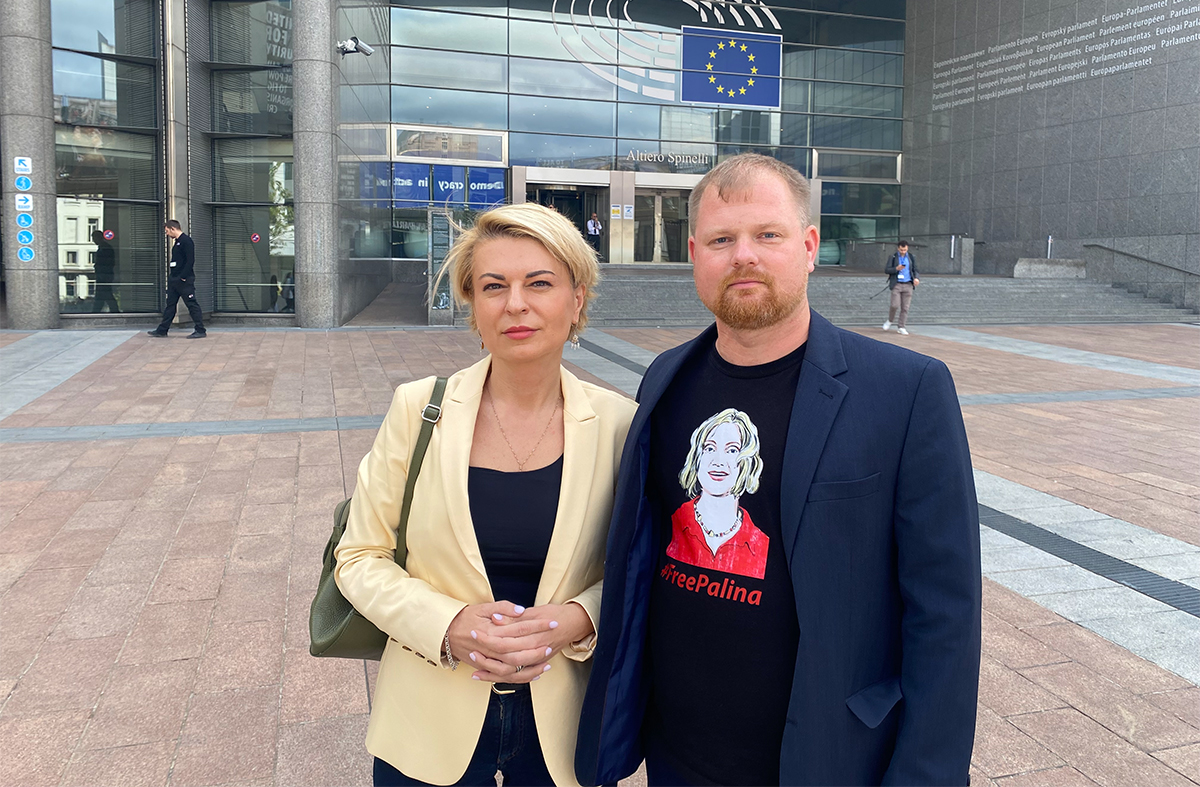
What was the reaction of European politicians to the stories shared by the relatives of political prisoners? Natallia Radzina spoke about this in an interview with Charter97.org.
– Andrei Sharenda, the husband of the activist of the European Belarus Civil Campaign Palina Sharenda-Panasiuk and Maryna Adamovich, the wife of the leader of the Belarusian opposition Mikalai Statkevich, spoke in Brussels about the situation with the Belarusian political prisoners. Why was it important that their voices be heard?
– The cases of Palina Sharenda-Panasiuk and Mikalai Statkevich are of great importance. First, their lives are in real danger today. Secondly, their deeds are indicative, they demonstrate the catastrophic situation that has developed with political prisoners in Belarus today.
Mikalai Statkevich has been held in solitary confinement for more than three years now. He was sentenced to 14 years in a maximum security prison. In fact, this is a death sentence, because few people endure more than 10 years in a maximum security prison.
We know that all sorts of pressure methods are being used against Mikalai. He is completely isolated in a 1x3m prison cell in the city of Hlybokae. This is the basement of a former monastery of the 18th century.
Mikalai is often placed in a punishment cell, where conditions are even worse than in solitary confinement. For the last six months (more than 160 days) his wife Maryna Adamovich knows absolutely nothing about him. There are no letters from him, and meetings with a lawyer and with his wife are prohibited.
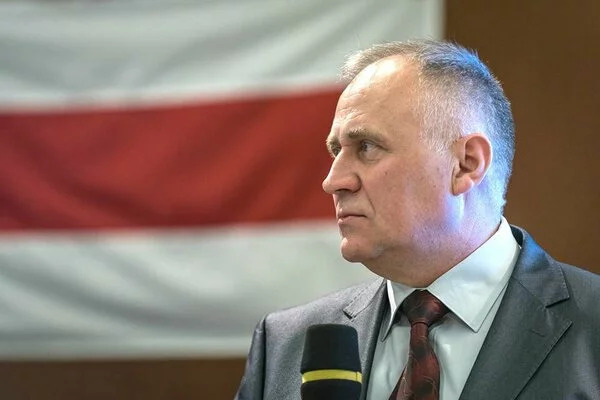
Moreover, we know that Mikalai Statkevich fell ill with COVID-19 four times in prison. He has serious heart problems, but his wife cannot even send him drugs to prison. All parcels with medicines are coming back.
In fact, the situation is horrifying, it is necessary to cry foul. Mikalai Statkevich is the real leader of the Belarusian opposition. Mikalai has been fighting all the Lukashenka’s 30 years in power. He has spent more than 10 years behind bars during the dictator’s reign.
But, unfortunately, his name does not often appear in statements by Western politicians, international organizations and the representatives of the European Parliament. Therefore, it was necessary to pay attention to his fate.
The situation with Palina Sharenda-Panasiuk also requires serious attention and immediate reaction. They are directly killing this heroic woman today. We know that she spent more than 200 days in a punishment cell in the last 10 months alone. Palina weighs 47 kg with her 170 cm height. It's scary to imagine her current health condition.
When we were at a meeting in the European Parliament, it became known that Palina was also severely beaten in the so-called "sweatbox" [a prison cell where lawlessness is supported by the administration rules - Ed.]. I emphasize that she is in one of the toughest women's prisons in the country - Colony #24 in the village of Zarechcha in the Homel region. The conditions there are terrible.
We know that Palina was seriously injured, her rib was broken. This is also a life-or-death issue.
I understand that it was extremely difficult for the relatives to tell about the fate of their loved ones, but it was a necessary step. After all, European politicians perceive differently when simply reading the names of prisoners of conscience, some short summary of their cases, and when they look into the eyes of relatives of Belarusian political prisoners. They were listening to these stories with tears in their eyes. Sure, this has a completely different effect.
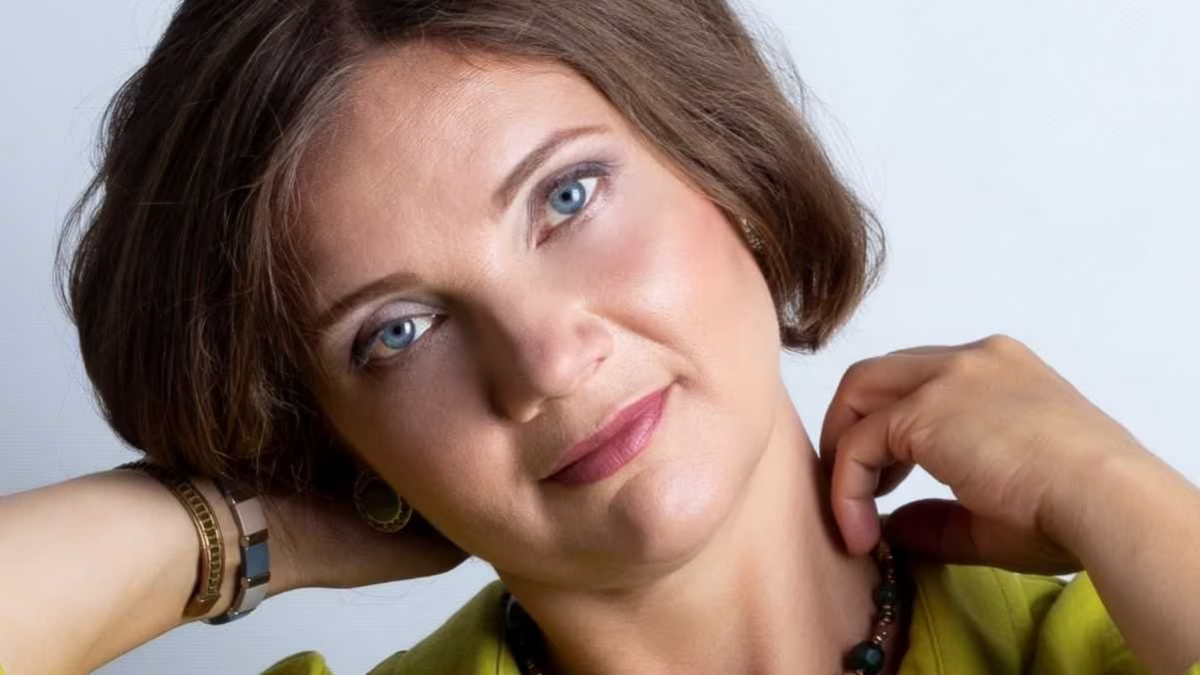
– You’ve mentioned that you learned that Palina Sharenda-Panasiuk had suffered beatings when you were in the European Parliament. How did European politicians react to this news?
– Everyone was shocked and expressed their desire to act immediately. The MEPs immediately began to make public statements of protest in connection with the beating and torture of Palina Sharenda-Panasiuk, as well as in relation to the isolation of Mikalai Statkevich. They reacted immediately.
They assured us that the European Parliament would take active steps to put pressure on the Belarusian authorities at the end of August in order to release all political prisoners.
I understand that many relatives of political prisoners are afraid to speak openly about the fate of their loved ones. But it is very important that those who are already abroad or who can travel, talk about the situations of their loved ones.
The situation is dire. The death of Ales Pushkin also forced us to come immediately. In the European Parliament, we said that we know only about five deaths of political prisoners over the past year. But we must keep in mind that we do not have information about the total number of prisoners of conscience. Although, Viasna human rights activists announce 1500 political prisoners and it is just a drop in the ocean, a tip of the iceberg. These numbers must be multiplied by three, four, or even five.
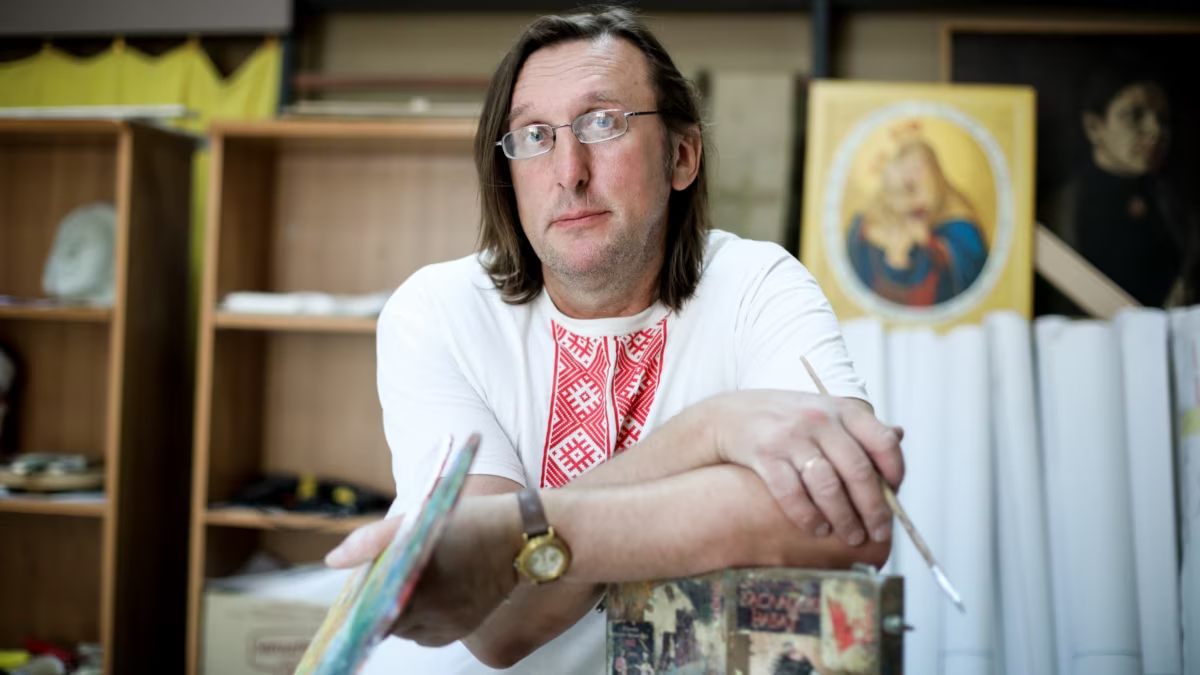
We do not even know how many political prisoners have died in Belarusian prisons over these whole three years. It's a real genocide, a humanitarian crisis. We need to cry foul to the whole world, otherwise, we will lose the best people. Our political prisoners are our real heroes, they are the real leaders of the opposition and they are our future.
– It looks like everyone in the European Parliament is determined. Did anyone say something like “it is necessary to start tradе political prisoners” and “talk to the regime”?
– No, definitely not. The overall majority was in favour of strengthening sanctions against the Lukashenka regime. They assured us that there would be no easing of the sanctions regime until all political prisoners were released.
We have not met a single MEP or diplomat who would advocate the lifting of sanctions. On the contrary, there is an understanding that only increased pressure can help release people from prisons.
– What was the most shocking for European politicians in the stories about the situation with Belarusian political prisoners?
– The concepts of "prison" or "secure unit" are completely different in the West and in Belarus. We had to explain to the European politicians what a Belarusian prison is and, for example, what a punishment cell.
When they read in the news that a political prisoner has been placed in a ShIZO [a punishment cell - Ed.] for a long time, this does not mean anything to them. Our stories about what ShIZO is in Belarusian conditions caused a shock.
Palina Sharendo-Panasyuk spent more than 200 days in a ShIZO in the Zarechcha penal colony. Even men often do not withstand more than 10 days. They say it's an unbearable test. Palina spent 200 there.
– What are the conditions there?
– A punishment cell is a stone bag without a window and fresh air, where all things are taken away from a political prisoner. A prisoner has only a thin robe. They allow only a toothbrush, soap and towel in a ShIZO.
Prisoners are even forced to clean their teeth with soap. There is no sink with water and toilet. Guards take prisoners 1-2 times a day for hygiene procedures. Women are deprived of necessary hygiene supplies. Books, paper and pens are prohibited.
We know that many prisoners simply go mad there. This is the real Middle Ages. People in Europe do not even imagine that this can be very close. Belarus is not Cuba, it is very close, and people are tortured in this way.
The politicians were shocked when we told them about the diagnoses of people in prisons. After all, many of them have oncology or severe chronic diseases.
For example, Andrei Voinich, an activist of the European Belarus Civil Campaign, needs an urgent liver transplantation. He may die in a year without the surgery.
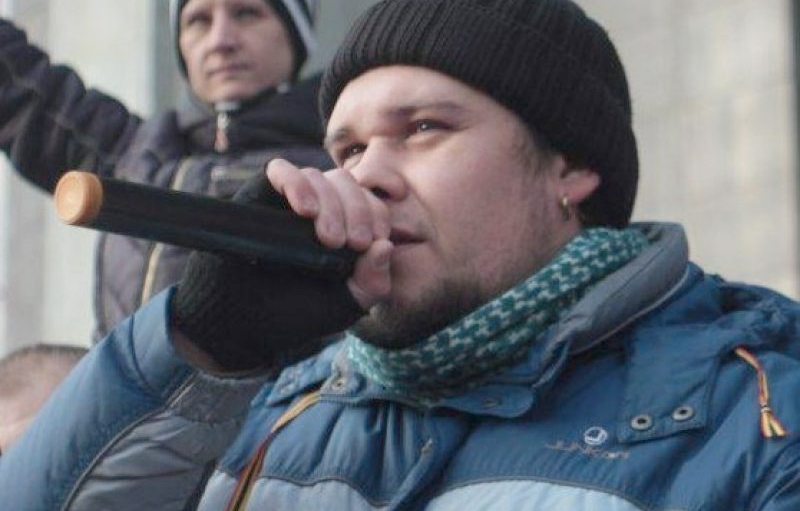
We know that political prisoner Aliaksandr Frantskevich, about whom nothing is known for four months, is imprisoned with one kidney. His life is also in danger.
Kseniya Lutskina, as we know, has brain cancer. Pavel Kuchynski, about whom there has also been no information for a long time, is imprisoned while suffering from the fourth stage of cancer. Is he alive?
Halina Dzerbysh has a second-degree disability, cancer and heart issues. Uladzimir Hundar is a disabled person, he has lost one leg.
We also called on European politicians to pay attention to the cases of Viktoryia Kulsha, Alena Lazarchyk, Ales Bialiatski, Mikalai Autukhovich, Viktar Babaryka, Maksim Znak, Maryia Kalesnikava, Andrei Voinich, Pavel Seviarynets, Volha Zalatar, Yauhen Afnahel, Maksim Viniarski, Ihar Alinevich, Henadz Fiadynich, Ryhor Kastusiou and others.
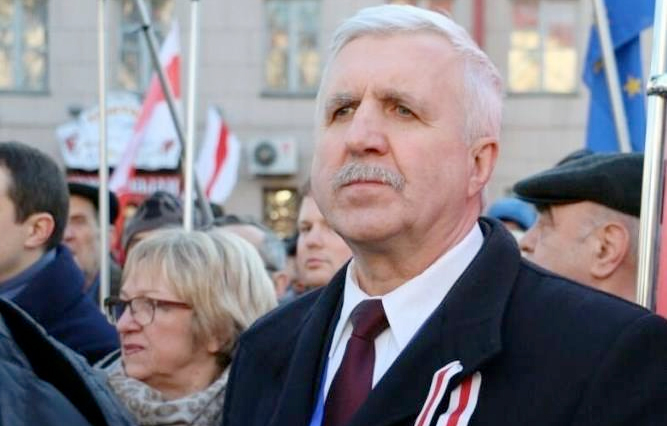
The names of three, four or five prisoners of conscience are often mentioned in statements, still, many political prisoners simply fell into oblivion.
– Information about the imposition of new sanctions against the Lukashenka regime appeared during your trip. In your opinion, what sanctions against the Belarusian dictator are missing today?
– Unfortunately, here I can say that it is unlikely that the necessary serious sanctions will be imposed. I don't want to get ahead now, but what I heard was not enough to really change the situation.
It is necessary, of course, to put more serious pressure on the Lukashenka regime in order to release political prisoners. These are half-measures, and the imposition of sanctions like taking “baby steps”, does not have any effect.
It is necessary to introduce not only economic sanctions, which are not enough, as there are numerous bypassing cases, but also personal sanctions are needed, which are also far from perfect. For example, fewer sanctions have been imposed on Belarusian officials today than there were after the dispersals of the 2010 peaceful demonstrations, despite all the horror that is happening today.
Then sanctions were imposed against three hundred judges, prosecutors and officials, and now there are sanctions against two hundred, but the scale of repression is simply incomparable.
Let me give as an example an absolutely absurd situation. I heard it from a former political prisoner who is living in Lithuania now. Not so long ago he met a judge who sentenced him while walking around the Akropolis shopping mall in Vilnius. These are the sanctions imposed on the Belarusian regime. Therefore, of course, it is necessary to increase the pressure.
Let me give you statistics: according to human rights activists, about a hundred politically motivated arrests were made per month in 2021. However, the figure increased to 700 in 2023. The growth of repressions is sevenfold over the course of three years.
Firstly, this suggests that the lack of reaction and the lack of pressure on the Lukashenka regime leads to increased repression only. On the other hand, people did not reconcile, this shows the dictator's fear. He is really scared. It shows that the people really hate Lukashenka.









